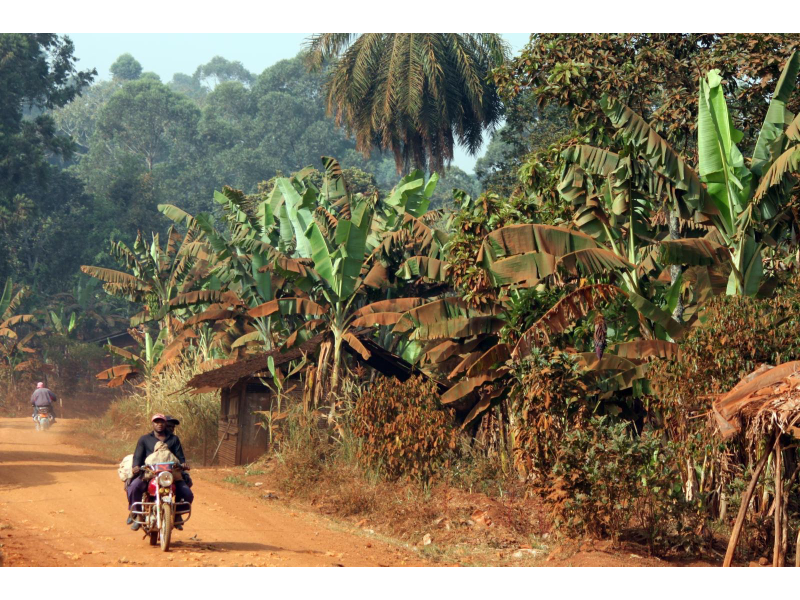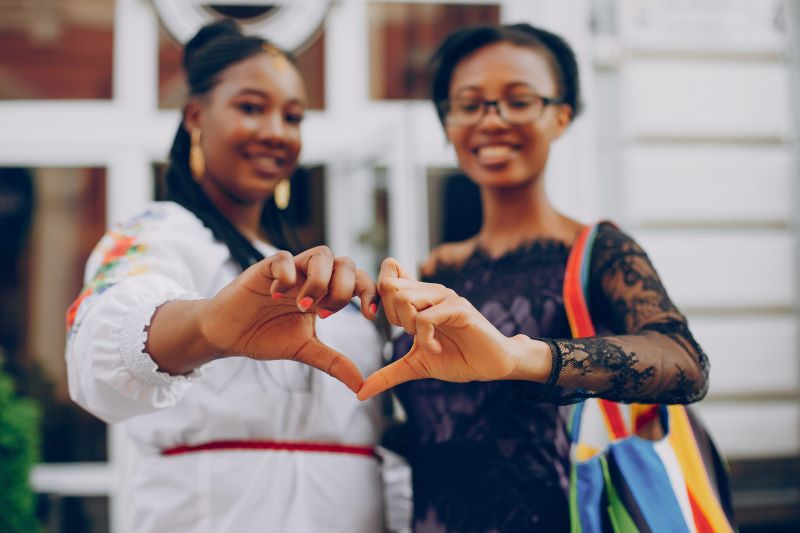(Cameroon. Image by Carsten ten Brick via Flickr https://www.flickr.com/photos/carsten_tb/7337807724 )
Happy belated Independence day, Cameroon! On January 1st, 1960, the West-Central African country known as French Cameroun gained independence from the French. To celebrate the country’s independence, we are exploring the country’s growing political instability, including the Anglophone crisis, concentrated in the northern part of the country, and other related events.
83% of Cameroonians are Francophone, and 17% are Anglophone. The Anglophone or English-speaking part of Cameroon spans over the Northwest and Southwest regions of the country, which shares a border with Nigeria.
Since the post-colonial period, governing Cameroonians have been predominantly Francophone. Residents of the Anglophone part of the country have spoken out against prejudice and alienation from the Francophone majority, and since 2016, the protests have transformed into violence, separatist groups and a growing ravaging of the country.
Anglophone Cameroon is a former British colony that was joined with Francophone Cameroon after the latter gained independence. Although Anglophone Cameroonians voted to join Francophone Cameroon instead of bordering Nigeria, some feel they are left out of the political progress of the country, and want to protect their right to Anglophone culture and customs. Due to this, Anglophone Cameroonians who desire to separate from the country or ‘Anglophone Separatists’ aspire to establish their own country, Ambazonia. Ambazonia loyalists have made strategic pacts with Biafran loyalists, a group of Igbo tribe people that works to separate from Nigeria and create their own state, and receive weapons from them.

(Cameroonian women. Image by UN Women via Flickr )
In 2017, Cameroonian President Paul Biya arrested Anglophone protestors and suspended communication channels like internet access for Anglophone communities for three months. This, in addition to the lack of progress in terms of the Anglophone’s demands, escalated the situation into violence. In addition to the Anglophone crisis, ethnic clashes in the North of the country also threaten the safety of citizens and cause people to flee.
In the wake of the crises, thousands have been killed and more than 30,000 have been displaced. Schools in the regions are vulnerable and frequently attacked, with community members killed, kidnapped, and forced to experience sexual violence.
Are you a Cameroonian at home or in the diaspora? What is your take on this issue? Comment below.
Works Cited
https://www.dw.com/en/cameroon-anglophone-conflict-five-years-on/a-59363797
https://www.nrc.no/perspectives/2020/5-things-you-should-know-about-the-crises-in-cameroon
https://www.nrc.no/perspectives/2020/5-things-you-should-know-about-the-crises-in-cameroon
https://www.bbc.com/news/world-africa-58726231
https://www.dw.com/en/separatism-in-cameroon-5-years-of-violent-civil-war/a-59369417





